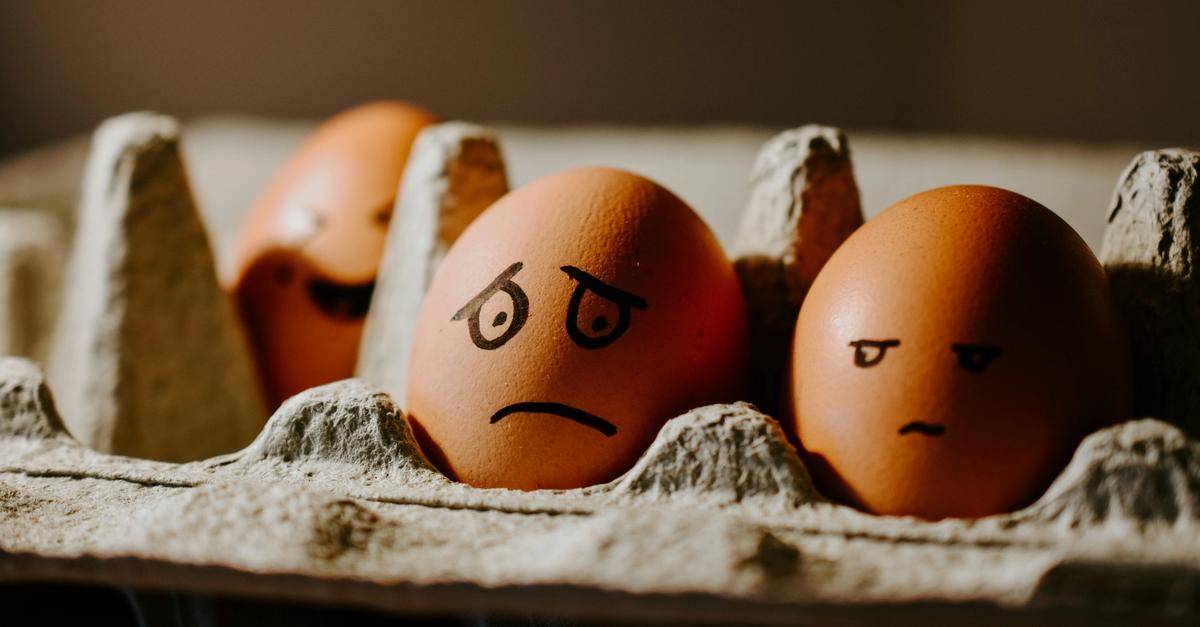Share
What is a Bad Credit Score?


The use of the word “bad” may be relative but a bad credit score is typically anything below 670 (if we use the FICO scoring model). A 669 FICO and below is also typically considered to be a subprime credit score and therefore any lending products extended to that consumer will have terms reflective of subprime interest rates and terms. The main reason being is that anyone looking to get approved for a mortgage will have substantially worse terms with credit in this range.
Who Makes the Determination?
Although, the credit bureaus (Experian, Equifax, TransUnion) determine what goes on the credit report and how the credit score is calculated, it’s really the banks and lending institutions that determine who has “bad credit”. Since at the end of the day, a credit score is the tool utilized by banks to determine which consumers are “reliable” extensions of credit.
What Is Most Impactful to Your Credit?
Payment delinquencies (negative payment history) and a high utilization rate are most commonly the most significant factors that will either have a positive or negative on your credit worthiness. These two categories alone account for 65% of your credit score, utilization equates to 30% of your credit score while payment history equates to 35%. Having a lot of available lines of credit and a diverse credit portfolio will have a positive impact on your credit worthiness.
What are the Consequences of Bad Credit?
A bad credit score can hurt you financially if you decide to borrow, because it can cause you to pay more for extensions of credit (this can come in the form of additional finances charges, higher APR’s, etc.). However, paying off your debt won't typically hurt your credit score. Otherwise, if you are not actually borrowing money, your credit score should not have a material impact on any other aspect of your life. However, there have been some instances where it can affect security clearance, employer relationships, etc.
Often times we confuse credit worthiness and credit scores. The big picture sometimes prevents us from understanding this. If your debt to income ratio is too high, your exceptional credit score may not mean much to your lender and you still may not receive great terms on that mortgage or risk being disqualified.
What Should I Do If I Have Bad Credit?
There are many worse things than having bad credit. Bad Credit can be fixed overtime. If you have bad credit consider opening up a secured credit card, getting a credit builder loan, pay down collection or delinquent accounts or even becoming an authorized user on someone’s else account (ideally someone who has great credit). Depending on how soon you’re looking to utilize your credit, there isn’t always a rush as well. Credit goes up and down and unless you plan on using it in the short term for anything specific, it should naturally go up overtime if you make consistent and timely payments and don’t go overboard on your utilization rate.